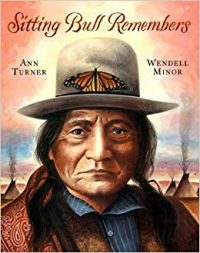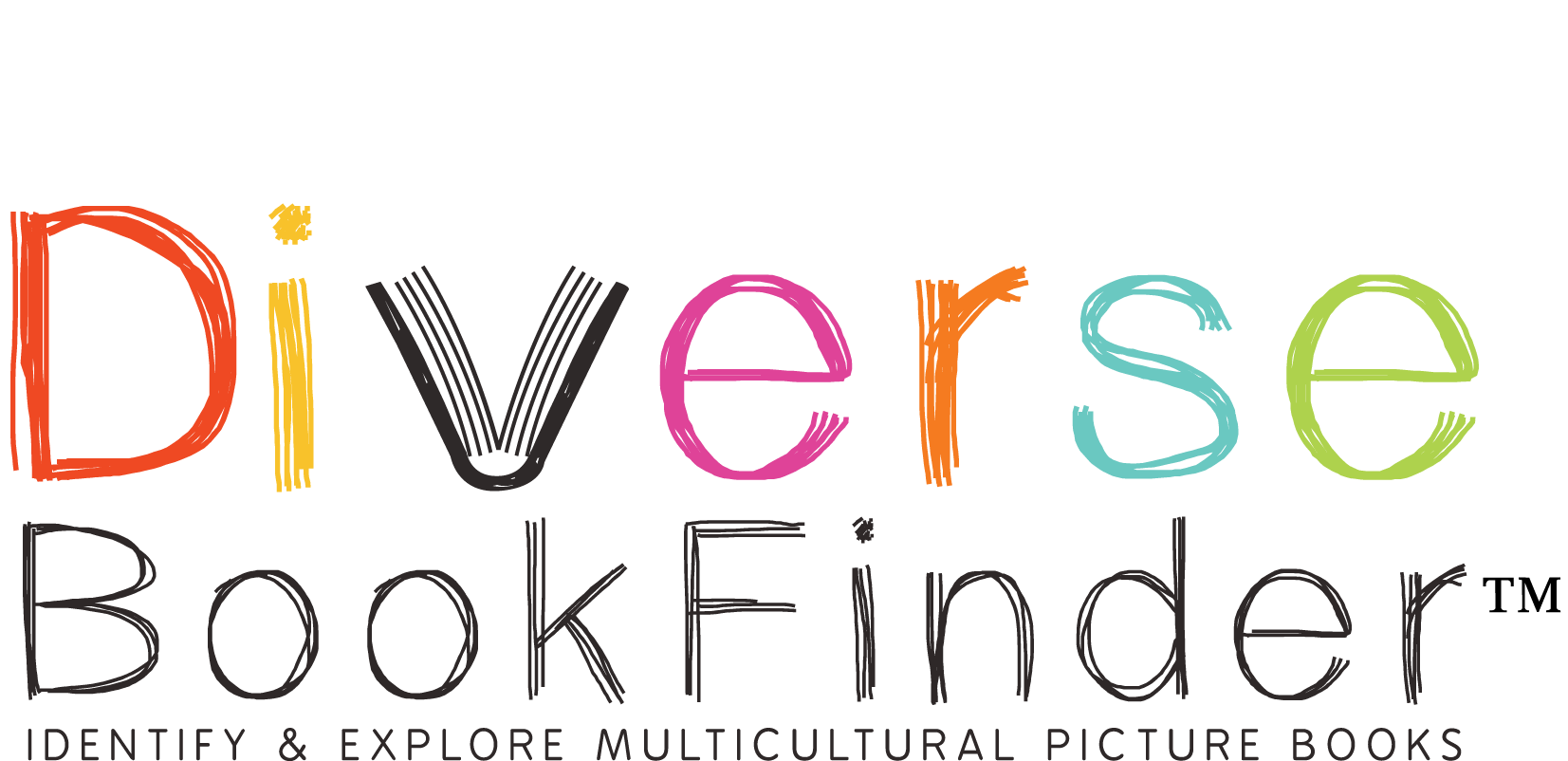
Our collection of picture books featuring Black and Indigenous people and People of Color (BIPOC) is available to the public. *Inclusion of a title in the collection DOES NOT EQUAL a recommendation.* Click here for more on book evaluation.
Find titles using a keyword search below (e.g. adoption, birthday, holidays, etc.), or by selecting one or a combination of filters on the lefthand sidebar below.
First time here? Start here!
10 matching books
Show Filters
The Secret of Your Name
"Bestselling and award winning Métis poet David Bouchard's heartfelt story is illustrated by Canada's most prominent Métis artist Dennis Weber." -- publisher Canada's Métis are the only mixed blood people in the world recognized by every level of government as being a Nation. The Métis have their own language, flag, songs and stories. They have exciting traditions and a proud history. Sadly, their journey was one of hardships, denial and often lies. In The Secret of Your Name, these men open their hearts to all those who care to know what it means when it is said that we are Proud to be Métis! This spectacular book will appeal to any and all who have an interest in aboriginal people. It will call out to art collectors, musicians and all who have ever pondered their own past." -- publisher

Ice Breaker
"In the 1930s, only white figure skaters were allowed in public ice rinks and to compete for gold medals, but Mabel Fairbanks wouldn't let that stop her. With skates two sizes too big and a heart full of dreams, Mabel beat the odds and broke down color barriers through sheer determination and athletic skill. Mabel became the first African-American woman to be inducted into the U.S. Figure Skating Hall of Fame." - publisher

The Village that Vanished
In southeastern Africa, a young Yao girl and her mother find a way for their fellow villagers to escape approaching slave traders.

A movie in my pillow / Una película en mi almohada
Jorgito lives in San Francisco's Mission District, but has not forgotten his native El Salvador. His memories of the volcanoes, his grandmother's stories, and the cornmeal "pupusas" form a patchwork of dreams that becomes a movie in his pillow.

The ghost dance
The bountiful world of their ancestors was no more -- the result of white settlers' relentless westward movement in the U.S. A Paiute visionary, Tavibo, and his son each dreamed that if Native peoples danced, the white people would disappear and the ghosts of the wildlife that had been decimated would return. The ghost dance movement began in the U.S. in the 1800s, in hope as native peoples came together to dance for their shared dream. The dream failed and they tried again. Again the dream failed tragically. But the vision and the dream still call out to all people, envisioning a future when all Indian peoples would be united, disease would vanish, and the earth would be regenerated and restored. --publisher's site

When we were alone
When a young girl helps tend to her grandmother's garden, she begins to notice things that make her curious. Why does her grandmother have long, braided hair and beautifully colored clothing? Why does she speak another language and spend so much time with her family? As she asks her grandmother about these things, she is told about life in a residential school a long time ago, where all of these things were taken away. When We Were Alone is a story about a difficult time in history, and, ultimately, one of empowerment and strength. |cProvided by publisher

Crossing Bok Chitto
In the 1800s, a Choctaw girl becomes friends with an enslaved black boy from a plantation across the great river, and when she learns that his family is in trouble, she helps them cross to freedom.

Stolen words
"This picture book explores the intergenerational impact of Canada's residential school system that separated Indigenous children from their families. The story recognizes the pain of those whose culture and language were taken from them, how that pain is passed down and shared through generations, and how healing can also be shared. Stolen Words captures the beautiful, healing relationship between a little girl and her grandfather. When she asks him how to say something in his language-- Cree--her grandpa admits that his words were stolen from him when he was a boy. The little girl then sets out to help her grandfather regain his language"--Publisher's description

Sitting Bull remembers
Historically accurate fictional portrait of Sitting Bull looking back on the events that shaped his life and fate.

I am not a number
"A picture book based on a true story about a young First Nations girl who was sent to a residential school. When eight-year-old Irene is removed from her First Nations family to live in a residential school she is confused, frightened, and terribly homesick. She tries to remember who she is and where she came from despite the efforts of the nuns to force her to do otherwise. Based on the life of Jenny Kay Dupuis' own grandmother, I Am Not a Number brings a terrible part of Canada's history to light in a way that children can learn from and relate to"--|cProvide by publisher
